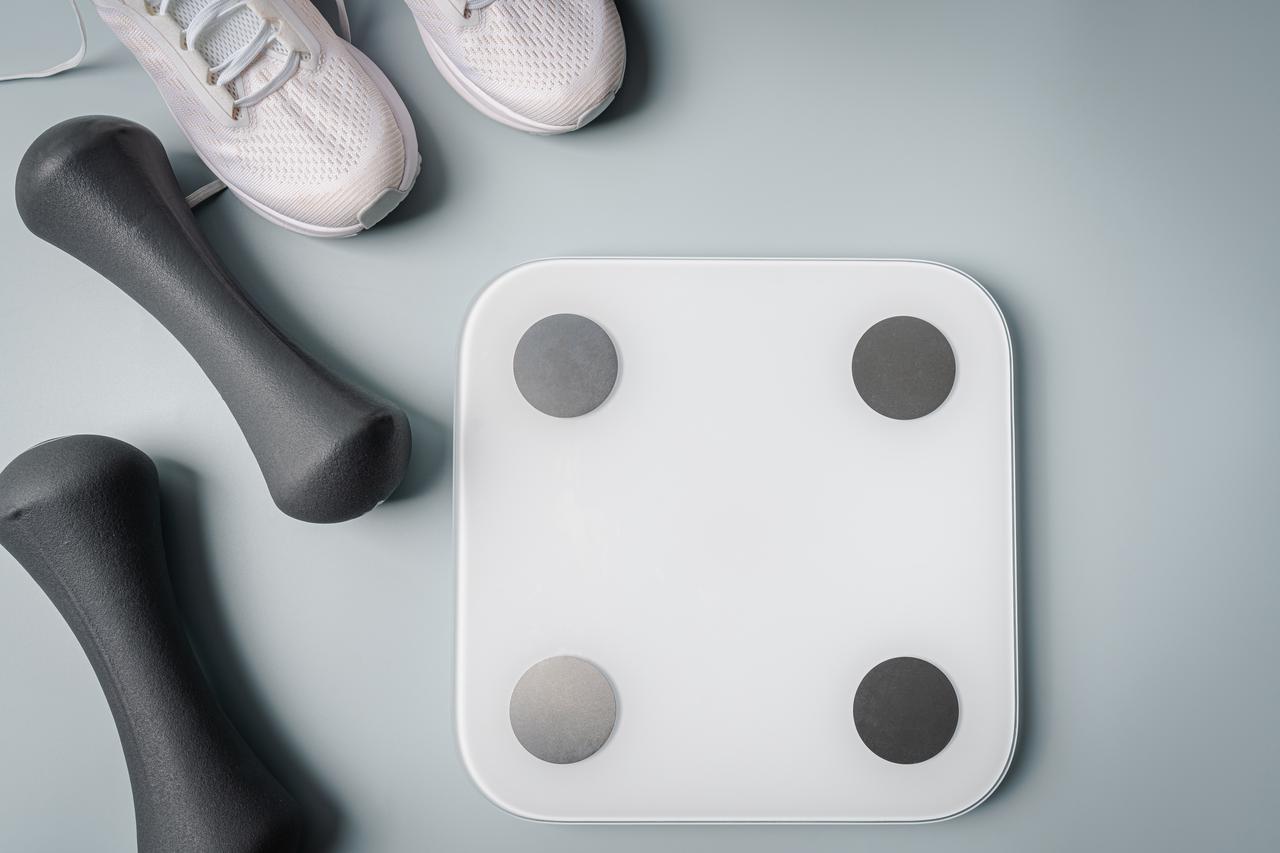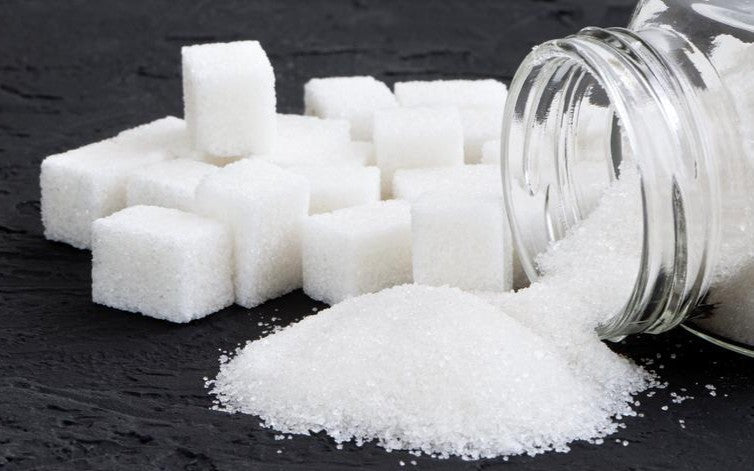
How to Track Progress Without Obsessing Over the Scale
When it comes to tracking your fitness or weight loss journey, the scale can feel like a double-edged sword. One day it’s your best friend, the next it’s your worst enemy. But here’s the thing: your progress isn’t just a number. Focusing too much on the scale can obscure the bigger picture of your overall health and well-being. Let’s explore better ways to track your progress without letting a few digits ruin your day.

Why the Scale Isn’t the Whole Story
The scale only measures one thing: your total body weight. What it doesn’t tell you is whether that weight comes from fat, muscle, water, or even what you ate last night. Weight can fluctuate for a variety of reasons, including:
- Water retention (hello, salty meals or hormonal changes)
- Muscle gain (yes, you can build muscle and lose fat simultaneously)
- Digestion timing (when you ate or went to the bathroom last)
Relying solely on the scale to gauge success can lead to frustration, even if you’re making meaningful progress in other ways. So let’s look at healthier, more empowering methods to track your journey.
Better Ways to Track Your Progress
1. Take Progress Photos
Sometimes, the mirror tells a more honest story than the scale. Progress photos allow you to see subtle changes in your body shape, posture, and muscle definition over time.
- How to do it: Take photos every 2-4 weeks in the same lighting, angle, and outfit (or similar). Front, side, and back views give the best perspective.
- Why it works: It’s visual proof of progress, especially when the scale isn’t budging but your body composition is changing.
2. Track Measurements
Measuring specific parts of your body can reveal changes in fat loss and muscle growth, even if your weight remains the same.
- How to do it: Use a flexible measuring tape to measure your waist, hips, thighs, arms, and chest. Record these measurements every two weeks.
- Why it works: Changes in inches often occur before significant weight loss, especially during strength training or body recomposition.
3. Monitor How Your Clothes Fit
Your favorite jeans or a snug jacket can be an excellent indicator of progress. As you lose fat or tone up, you’ll notice your clothes fitting more comfortably.
- How to do it: Pay attention to how your waistband feels, how easily your clothes zip up, or whether your sleeves feel looser.
- Why it works: Clothes don’t lie—they’ll tell you if your body is changing, even when the scale doesn’t.
4. Log Strength and Endurance Improvements
Improved fitness is a huge win, even if the scale doesn’t move. Tracking your strength or endurance gains helps you focus on what your body can do, not just how it looks.
- How to do it: Keep a workout journal to record how much weight you lift, how many reps you complete, or how long you can sustain cardio activities. Review it every few weeks.
- Why it works: Progress in performance often correlates with positive body changes, boosting your confidence and motivation.
5. Track Energy and Mood Levels
Physical changes are important, but so is how you feel. Improved energy, reduced stress, and better sleep are often signs of a healthier lifestyle.
- How to do it: Maintain a simple journal or app log to note your daily energy, mood, and sleep quality. Reflect on trends over time.
- Why it works: Feeling better is progress, even if it’s not something you can measure with a tape or scale.
6. Celebrate Non-Scale Victories (NSVs)
Non-scale victories are any achievements that reflect your progress, from running a mile without stopping to resisting unhealthy cravings.
- How to do it: Keep a list of milestones, like completing a challenging workout, cooking a healthy meal, or sticking to your plan for a week.
- Why it works: These victories reinforce positive habits and keep you motivated.
How to Use the Scale (Without Obsessing Over It)
If you still want to use the scale as part of your progress tracking, here’s how to do it in a balanced way:
- Weigh consistently: Choose the same time of day, ideally in the morning before eating or drinking.
- Focus on trends, not daily changes: Weight naturally fluctuates; look for patterns over weeks, not days.
- Pair it with other methods: Combine scale tracking with measurements, photos, or fitness logs for a fuller picture.
Mindset Shifts for Sustainable Tracking
- Focus on habits, not results: Instead of obsessing over outcomes, prioritize the daily actions that lead to progress, like eating balanced meals, exercising regularly, and staying hydrated.
- Practice self-compassion: Progress isn’t linear, and that’s okay. Celebrate small wins and remember that setbacks are part of the process.
- Think long-term: Sustainable changes take time. Trust the journey, and avoid the trap of quick fixes.
The Takeaway
The scale is just one tool in your progress-tracking toolbox—and it’s not even the best one. By focusing on body measurements, performance gains, energy levels, and other meaningful metrics, you can create a more balanced and rewarding approach to tracking progress. Remember, success isn’t just a number; it’s about becoming healthier, stronger, and more confident in your journey.
Scientific References
- Body Composition vs. Scale Weight Heymsfield, S. B., et al. (2015). Body composition and weight regulation: energy expenditure, body fat, and fat-free mass. The American Journal of Clinical Nutrition, 82(5), 1185-1189.
- The Role of Resistance Training in Body Composition Westcott, W. L. (2012). Resistance training is medicine: effects of strength training on health. Current Sports Medicine Reports, 11(4), 209-216.
- Weight Fluctuations and Psychological Impact Van Strien, T., et al. (2016). Emotional eating and weight fluctuations. Appetite, 105, 369-377.
- Non-Scale Victories and Long-Term Motivation Wing, R. R., & Phelan, S. (2005). Long-term weight loss maintenance. The American Journal of Clinical Nutrition, 82(1), 222S-225S.
Meet Fitnexa, your AI-driven companion that turns everyday habits into a positive, uplifting journey. From effortless meal analysis (including recipe suggestions) to personalized coaching and real-time support, Fitnexa keeps you on track toward lasting wellness — so you can stay younger, live longer.
https://apple.co/4hr8JGW





Leave a comment
This site is protected by hCaptcha and the hCaptcha Privacy Policy and Terms of Service apply.